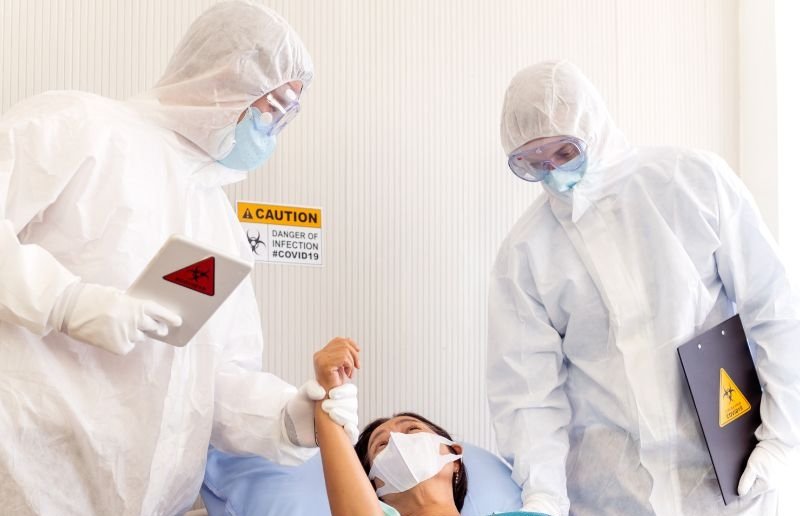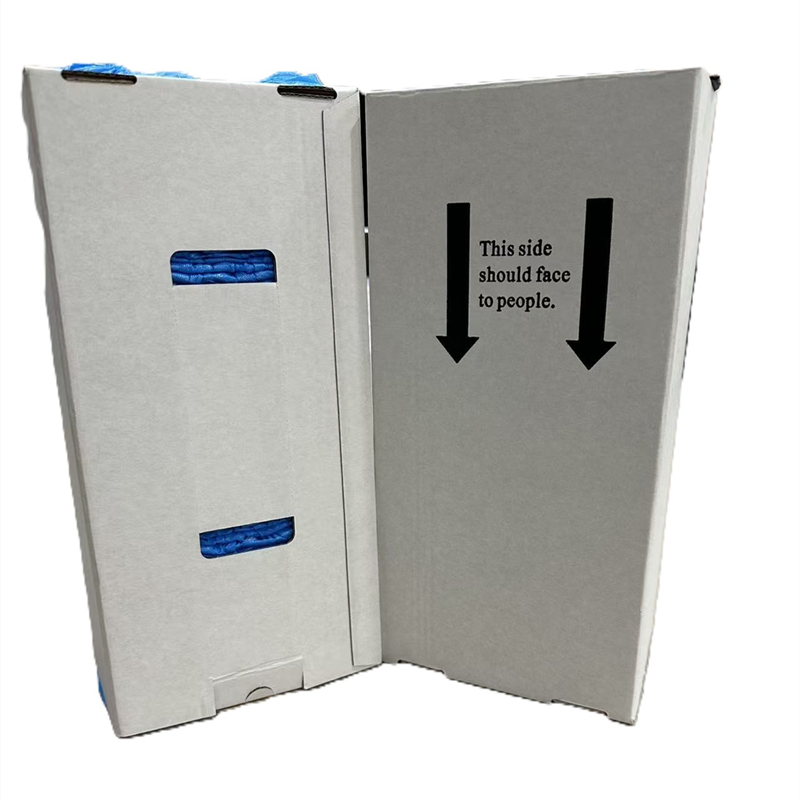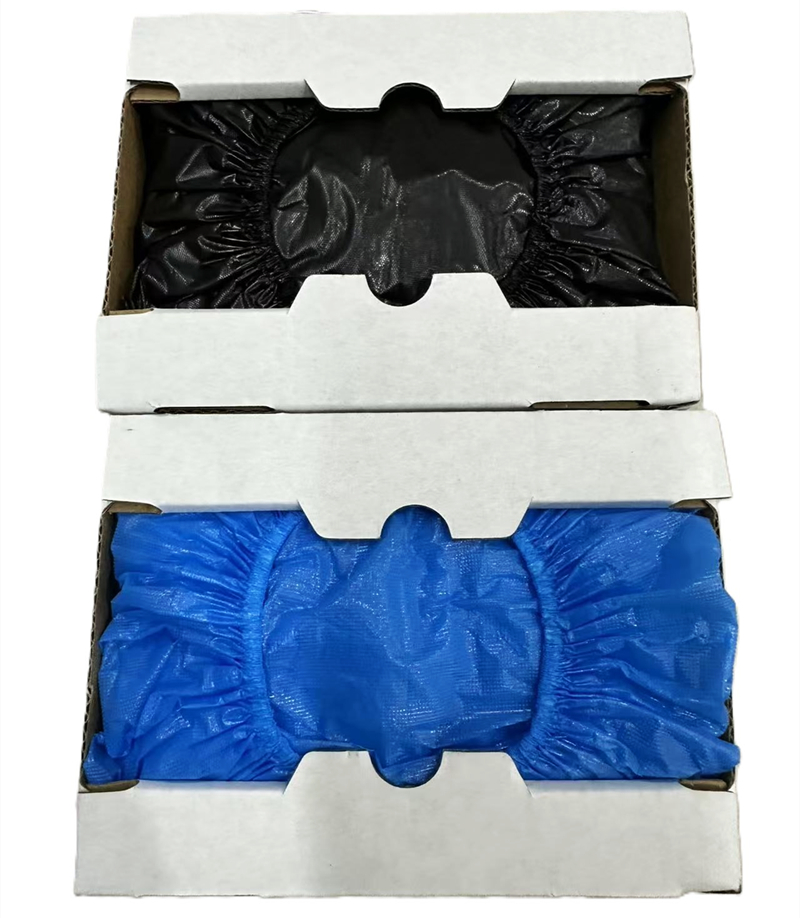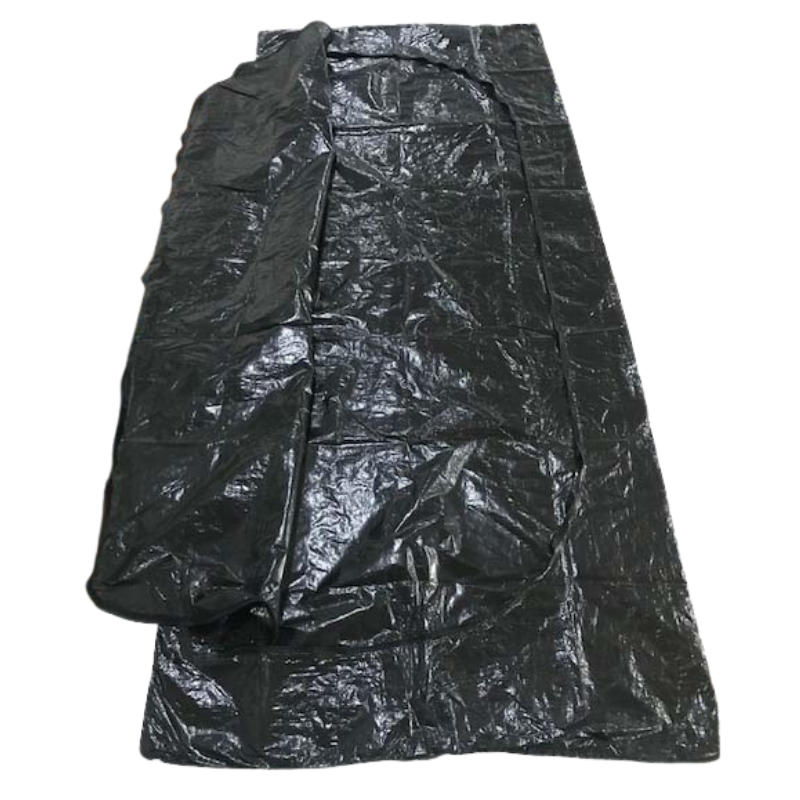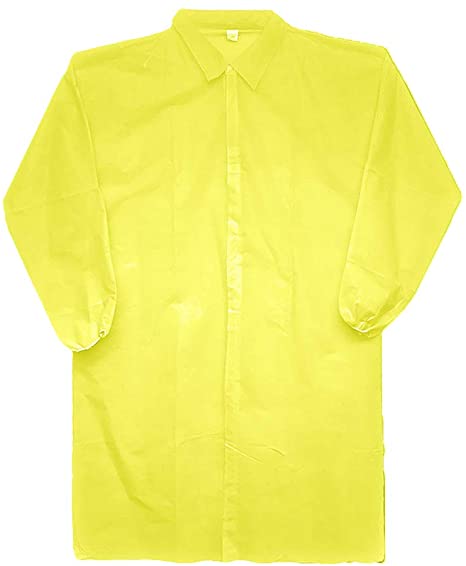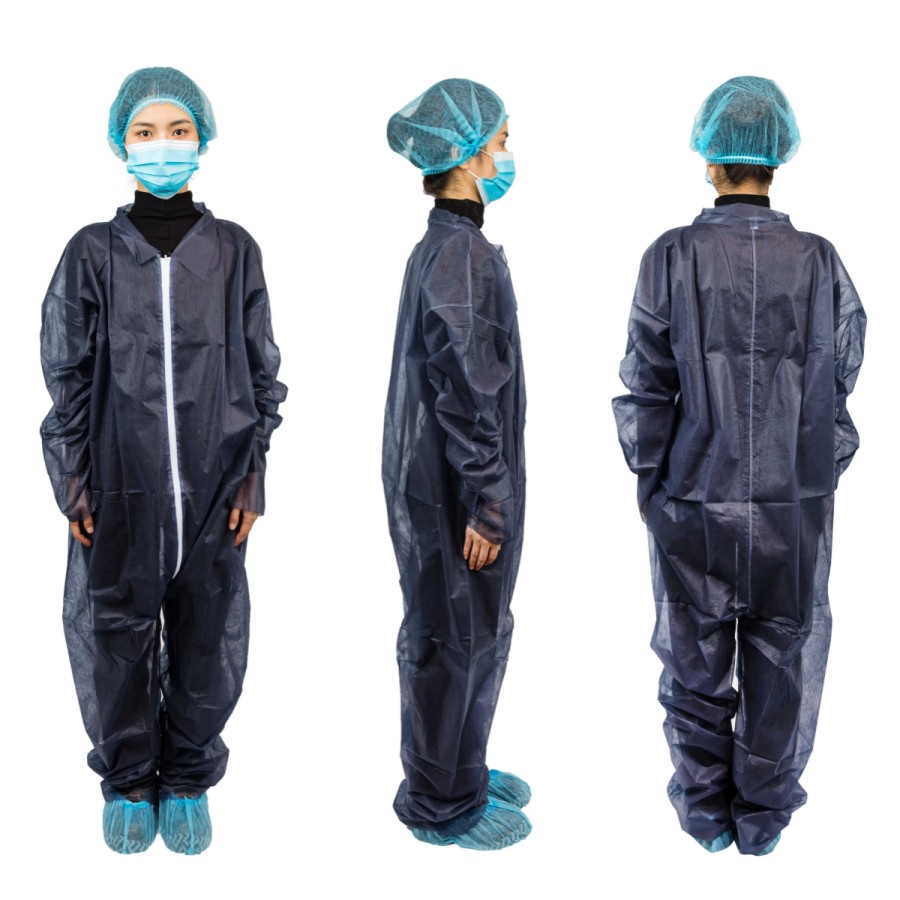Picking the best medical nonwoven coverall is a big choice. Your team needs safe, clean, and comfy gear. Your budget needs steady cost and easy stock. This B2B buyer’s guide will help you make the right call. It keeps the words simple and the steps clear. Use it to guide your next order and train your staff.
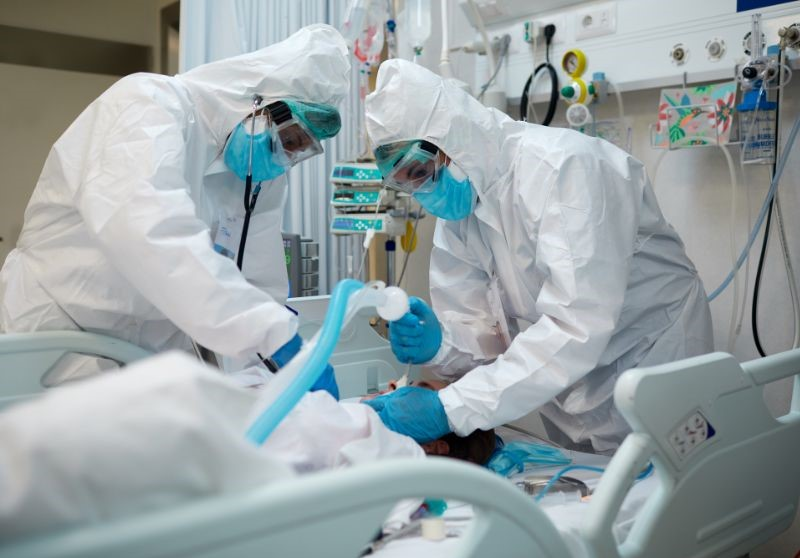
What is a medical nonwoven coverall?
A medical nonwoven coverall is a full body suit. It covers the torso, armsy legs. Many suits have a hood, elastic cuffsy elastic ankles. A front zipper with a storm flap helps seal the suit. The nonwoven fabric controls lint and helps block particles and light splashes. Most styles are single use to cut contamination.
For common needs, review these solid options:
- Strong all-rounder: Mono de protección médica desechable
- High barrier with airflow: Mono no tejido microporoso desechable
- Simple and light: Mono desechable de PP blanco
- Built-in head cover: Disposable protective coveralls with hood
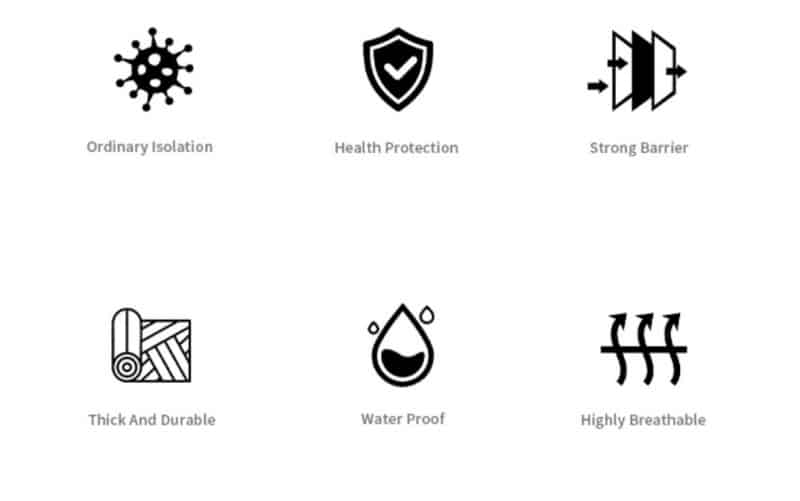
Start with risk: match suit to job
Before you buy, map the real work. Ask:
- What is the main risk? Dry dust, light splash, or frequent spray?
- How long is a shift in the suit?
- How hot or cold is the room?
- Is there static risk with dust or devices?
- Do you need low lint for clean areas?
Write a short risk map for each task and zone. Then match the medical nonwoven coverall to that map.
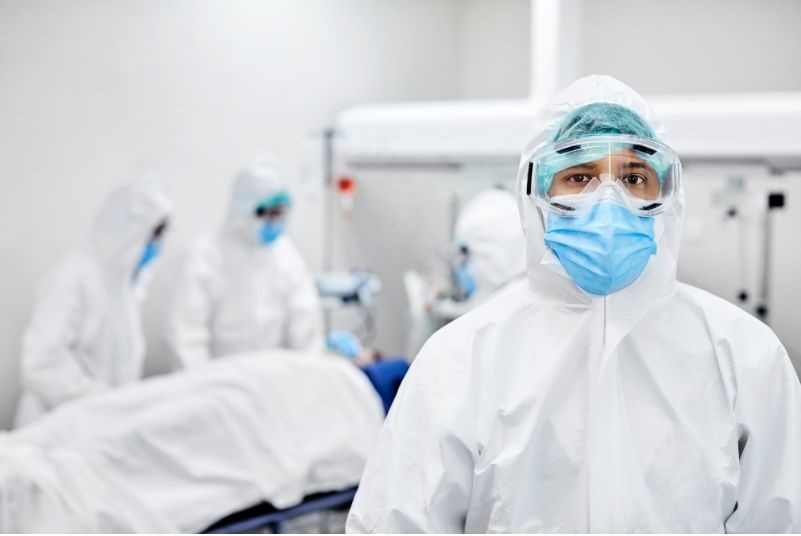
Pick the right material
Use this simple guide to choose the fabric:
- PP no tejido: Light duty, dry work, good transpirabilidad, low lint
- SMS: Strong, more breathable, good for long shifts
- Microporoso film: Airflow plus splash block; good for wet jobs
- PP+PE front zones: Extra liquid block on high splash areas
Tip: trial two materials side by side for one week. Ask the team which one feels best for the task.
Choose key design features
Small details make a big difference in the field. Look for:
- Hood that sits flat around face gear
- Zipper with wide storm flap
- Elastic cuffs y ankles for tight seals to gloves y boots
- Elastic waist for better fit and reach
- Taped seams or reinforced seams in stress areas
- Anti static option for powder and device zones
- Thumb loops (if needed) to hold sleeves under gloves
If you need a hooded build with a simple path to buy, see the Disposable protective coveralls with hood.
Fit and sizing for your team
A suit must fit to protect. Stock a wide size range and test fit:
- Check reach: lift, bend, and squat without pull at the back
- Sleeves must sit under gloves with no gaps
- Ankles should cover boots without drag
- En hood should seal and not block view
- Offer S, M, L, XL, XXL, and bigger if needed
Use a quick size chart at issue points to cut the time to pick.
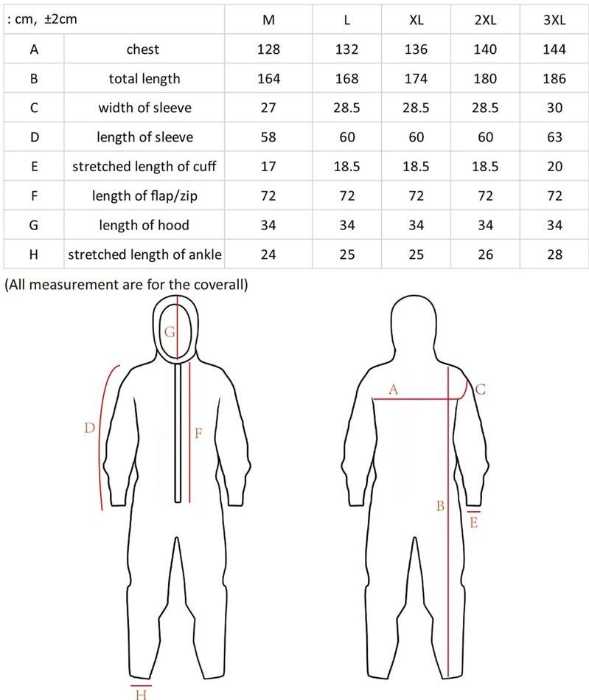
Comfort drives performance
Hot, tight suits drain people fast. Plan for comfort:
- Choose breathable builds (PP or SMS) for warm rooms
- Use microporous where splash risk is real but airflow still helps
- Keep weight down to reduce fatigue
- Train on short breaks for long shifts in sealed areas
When staff feel better, they move better, and errors drop.
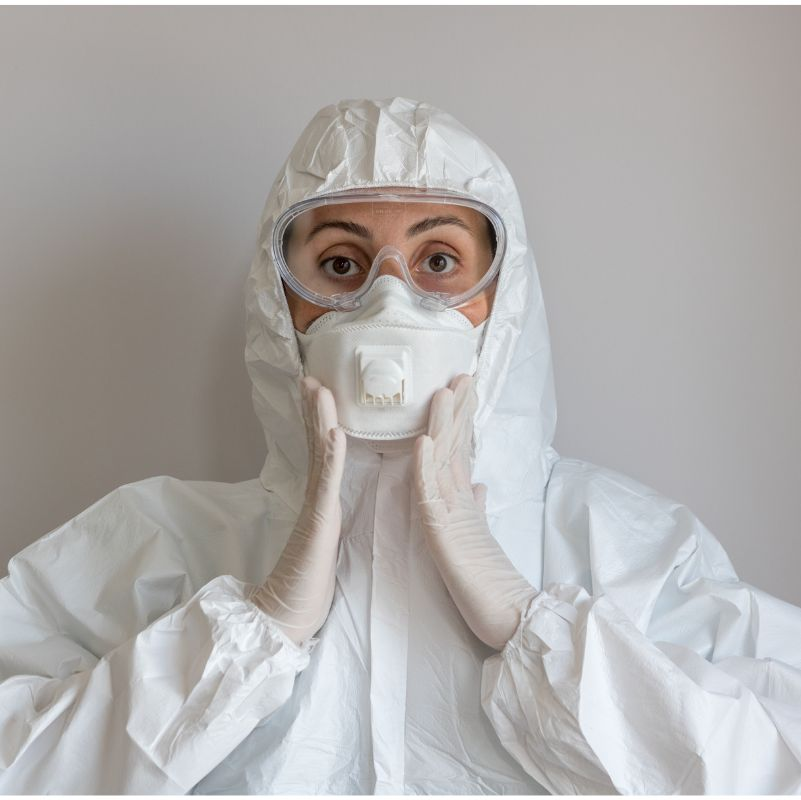
Donning and doffing basics
Good use keeps risk low. Post steps in the change area.
- Donning
- Check for tears o holes
- Put on hair cover, masky Cubrezapatos
- Step in, pull to waist, then arms in
- Close the zipper and press the storm flap
- Set hood; pull gloves over cuffs
- Doffing
- Break the seal at the hood, peel down
- Roll the outside in to trap soil
- Remove gloves last
- Place all items in the right bin
Change the suit if it is torn, soiled, or after a zone change.
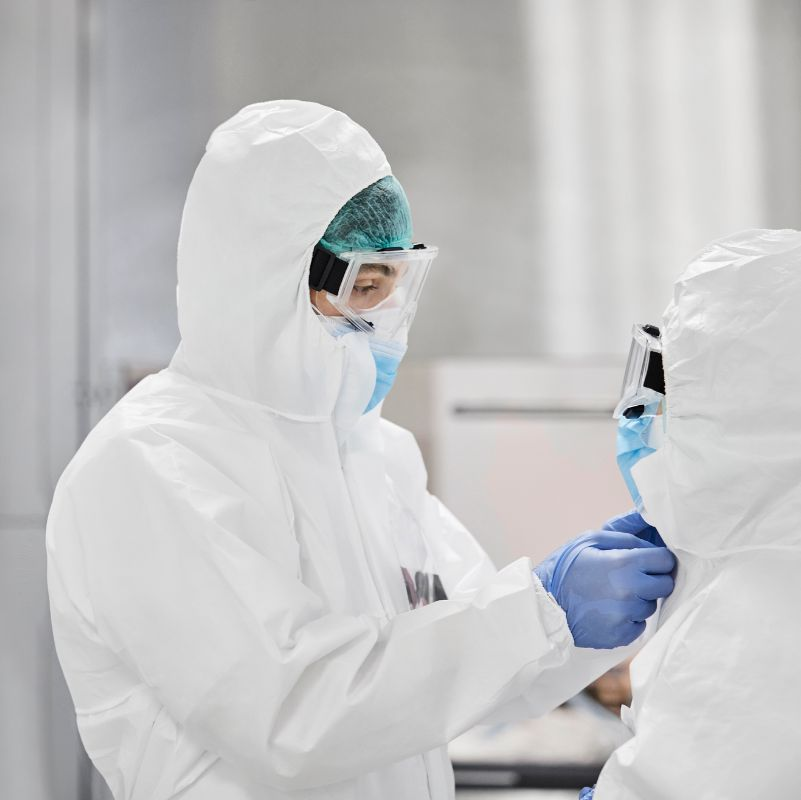
Add-on PPE for full cover
Build a full set around the suit for higher risk tasks:
- Sleeve covers for wet or messy arms
- Shoe covers or overboots for floor splash
- Aprons for front-heavy spray
- Hoods, beard netsy masks based on the job
Pick add-ons that match your medical nonwoven coverall material and use case.
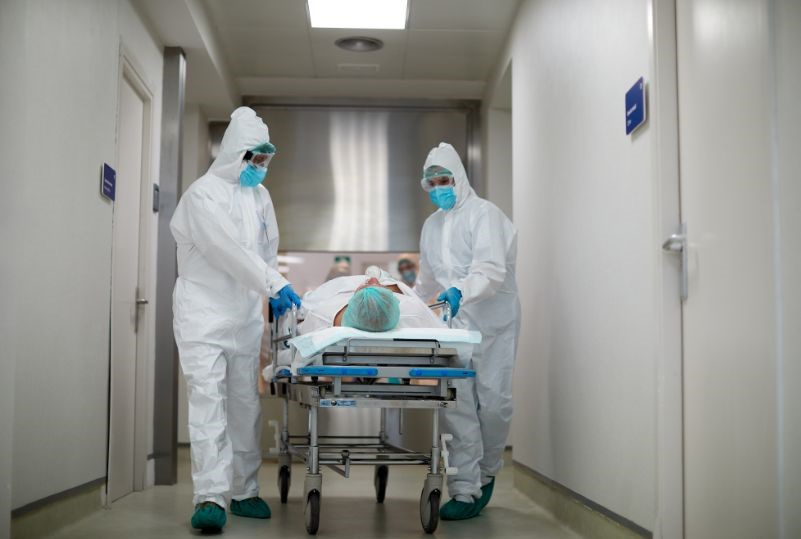
Color and role control
Use color to guide teams fast:
- White for clean or inspection zones
- Blue or other colors for support zones
- Bright trims for visitor o contractor use
Simple color rules lower mix-ups and speed checks on the floor.
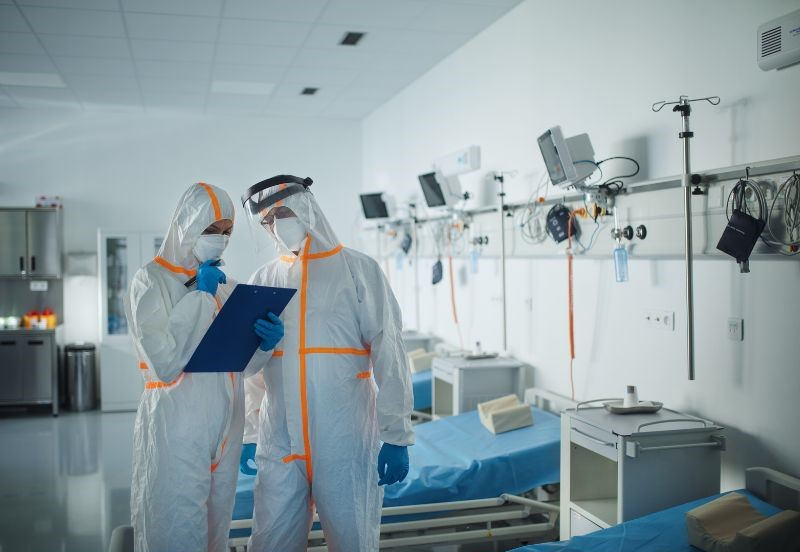
Pack, stock, and storage
Keep supply ready and clean:
- Use first in, first out (FIFO) to protect shelf life
- Store cartons off the floor and away from heat and wet
- Hold a small buffer stock for peak days
- Pre-pack kits by size and task to speed start of shift
Set a weekly count for the top three sizes to avoid stock-outs.
Cost and value for buyers
Think total cost, not just unit price:
- Single use cuts laundry, repair, and loss time
- Fast donning saves minutes each shift
- Fewer defects from soil on parts and tools
- Easy inventory and simple restock rules
Track three things each month: units used, time to don, and defect hits tied to gear. Small gains here add up fast.

Quality checks you can do
You can run quick, simple checks on each lot:
- Pull test on seams at arm, crotch, and zipper base
- Water bead test on storm flap and chest panel
- Lint wipe on a dark surface to scan shedding
- Try-on fit test across two sizes and two staff
Log results with date and lot. This helps spot trends early.

Fast pilot before full roll out
Do a one-week pilot in one area:
- Test two materials (for example, SMS vs microporous)
- Score on comfort, heat, movementy splash control
- Ask for quick staff feedback: three likes, three wants
- Pick the winner and order core sizes first
A small test cuts big risk.
Simple buyer checklist
Use this when you source a medical nonwoven coverall:
- Clear task and risk map
- Right material (PP, SMS, microporous, or PP+PE)
- Key features: hood, storm flap, elastic cuffs, ankles
- Taped seams for heavy splash
- Anti static option if dust or device work
- Full size range and comfort checks
- Low lint for clean work areas
- Simple donning y doffing guides in each pack
- Clean labels with lot and date marks
- Fair cost with no drop in protección
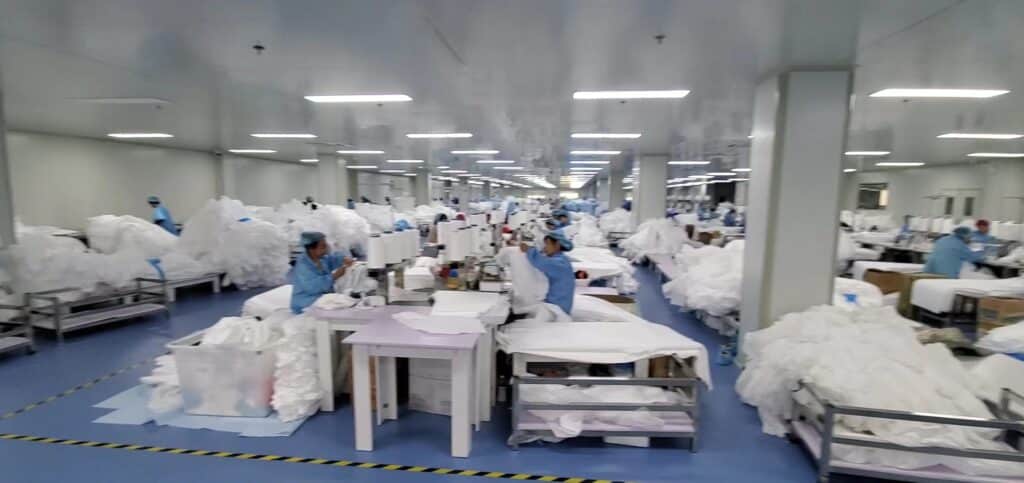
Helpful product paths
Use these links to review common builds and speed your shortlist:
- Daily full-body choice: Mono de protección médica desechable
- Airflow plus barrier: Mono no tejido microporoso desechable
- Light and cost-smart: Mono desechable de PP blanco
- One-and-done hooded set: Disposable protective coveralls with hood
Bottom line
The best medical nonwoven coverall protects your team and your process. Start with the risk, pick the right material, and choose smart features. Make sure the fit is right. Train on donning y doffing. Keep a clean stock plan. With this B2B buyer’s guide, you can choose the right medical nonwoven coverall for your team, hold costs steady, and keep work safe and smooth, shift after shift.

